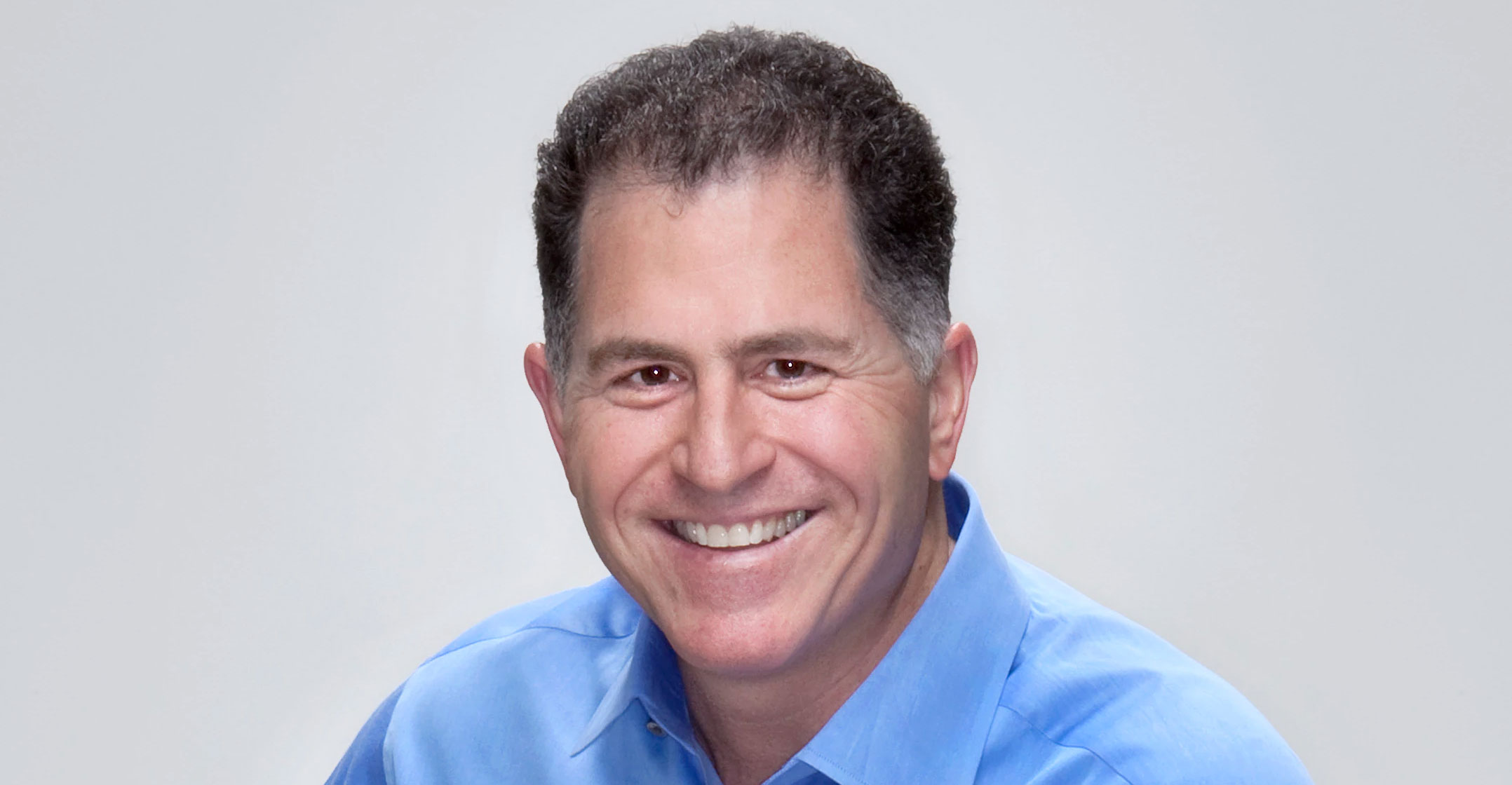
When Michael Dell led a group taking his company private four years ago, he extolled the virtues of shading the company from the scrutiny of the public markets. Now he’s considering taking the computer maker public again.
What’s changed?
The costs associated with carrying the billions of dollars of debt the company took on when it went private and later bought EMC.
Dell Technologies’ 2016 acquisition of EMC nearly tripled the company’s debt load at the time. All told, Dell had around US$48.5bn of bonds and loans as of 3 November. Before it went private in 2013, it had less than $7bn of debt.
Now changes to US corporate tax law could make it more expensive for some corporations to borrow, including Dell, and boost other expenses. That’s painful for a company that’s already losing money. Taking steps such as going public again would help the company raise equity and pay down debt. Dell spokesman Dave Farmer declined to comment.
“Tax reform threw them a curve ball,” said Jordan Chalfin, an analyst at CreditSights. “It put a wrench in their deleveraging plans.”
Under the new law, Dell can only deduct interest expenses equal to about 30% of a measure of its income. Losing part of that deduction could possibly end up costing it somewhere in the region of $100m/year, Chalfin said. In late November, Dell was among companies that signed on to a letter to US senate leaders opposing a stricter version of the deduction limitation than what ultimately become law.
Tax law changes could hit the company in another way too: Dell has to pay taxes on cash and other assets held overseas, which could amount to around $6bn over time, starting with about $480m for each of the first five years, according to estimates from CreditSights analysts led by Chalfin.
Maturing bonds
Dell said on an analyst call last month when it released earnings that it will not comment on the impacts of the new tax law but that it expects them to be manageable. The company has about $3bn of bonds maturing this year, and another $4.4bn in 2019, not to mention the more than $2bn of loans coming due over that period.
Rising interest rates over time may weigh on its interest expenses, too. Around $12.9bn of the company’s loans as of 3 November were tied to the floating rate known as the London interbank offered rate, or Libor. That rate has gone up 92 basis points since the EMC deal closed, effectively adding more than $115m to Dell’s annual interest expense, if the company did not hedge that risk. The company has been mitigating that extra expense by negotiating lower rates on some of its loans.
One other key factor: the Dell buyout was partially funded by private equity firm Silver Lake, which put up additional money to help pay for the EMC acquisition, bringing its total stake to around $2.4bn. That firm may be looking to get out, said Abhey Lamba, an analyst at Mizuho Securities USA. Silver Lake owns around 24% of Dell.

“Whenever private equity gets into deals like this they really need an exit strategy,” said Lamba, who covers VMware, a public company of which Dell owns a controlling stake, and rates the shares neutral.
Dell is considering selling shares to the public, or possibly a transaction with software maker VMware, according to people familiar with the company’s thinking. Dell’s board is meeting later this month and will discuss the various options, said the people, who did not want to be named because the discussions are private.
Another option Dell is eyeing is a public share sale for its Pivotal Software cloud computing venture. Dell met with bankers last year to discuss that possibility and was told the company could fetch a valuation of $5bn-$7bn, said one of the people. Still, any Pivotal offering may wait until the company has converted more of its business into wider-margin software and subscriptions and away from less profitable services businesses, the person said.
Pivotal, a cloud software and services firm, was once a joint venture of VMware, EMC and General Electric and became part of Dell after the EMC acquisition.
VMware spokesman Michael Thacker declined to comment. — Reported by Dina Bass and Molly Smith, with assistance from Alex Barinka, David Carey and Austin Weinstein, (c) 2018 Bloomberg LP




